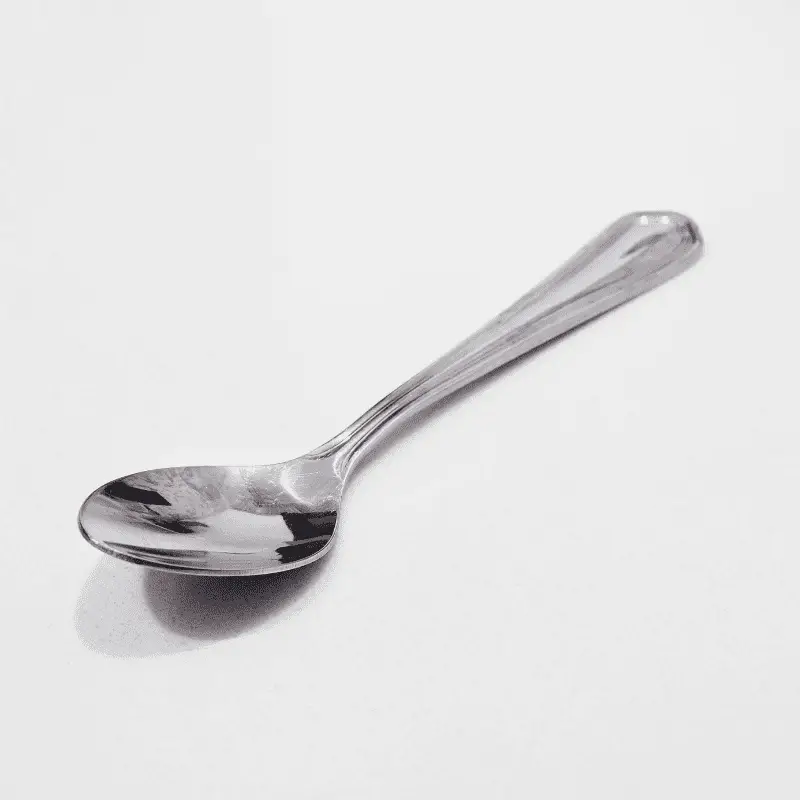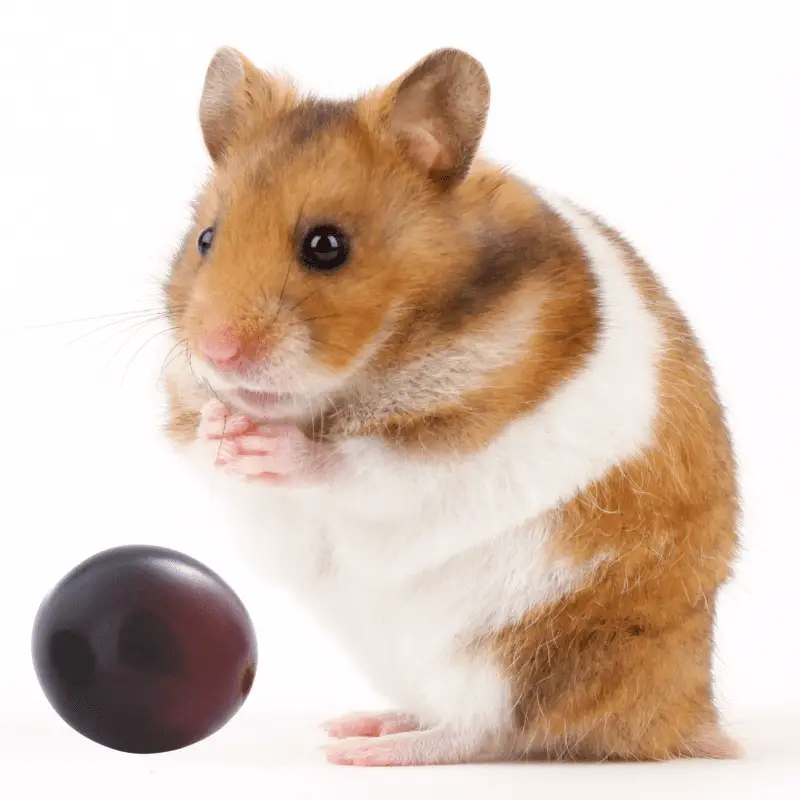Grapes are tasty, healthy, and delicious. It is hard to find a person who does not love grapes. That creates a problem if you are a pet owner. Since we love our pets, we often want to give them the food items that we like. The problem is all the food that is healthy for us humans is sometimes not suitable for pets. Let’s find out if hamsters can eat grapes and how best to serve them.
Yes, grapes are safe for hamsters, but only if you maintain the portion size. A piece of a grape now and then is harmless and can be considered as a healthy treat option. However, too many grapes can cause serious digestive issues and lead to severe diarrhoea. Treat your hamster with grapes in moderation only.
In this article, we will be discussing how you should serve grapes to your hamster and when the grapes can become harmful to the health of a hamster.
Grapes and Hamsters
The grapes are fruits that can be considered as a berry as well. These tiny fruits are full of antioxidants and other necessary minerals and vitamins. The fruit offers a good amount of magnesium, potassium, and phosphorus. It also contains a significant amount of vitamin K.
Vitamin and Mineral Benefits
- Magnesium
- Potassium
- Phosphorus
- Vitamin K
When it comes to cats and dogs, offering grapes is a strict no-no. So, most people think that the grapes are not safe for other pets as well. The good news is, your pet hamster can eat grapes safely.
It’s rare; however, you should be aware that there is a potential that your hamster can be allergic to grapes. Like humans, the hamsters can also be allergic to certain fruits and vegetables. So, make sure to consult with your vet about introducing grapes to your hamster’s diet to be on the safe side. However, if you do things on your own, offer your hamster only a tiny portion of grape at any one time.
Should Hamsters Eat Grapes?
Well, grapes are safe for the hamsters to consume when offered in moderation. But, should they eat grapes in the first place is another question entirely. Hamsters are omnivorous animals. That means they can eat animal proteins along with fruits and vegetables. They are also one of the most petite pocket pets. Thanks to their small body size, the hamsters require only about 12 milligrams of food each day.
With such a small requirement, it is relatively easy for pet owners to overfeed their hamsters. Ideally, hamsters should have a combination diet of pellets and fresh vegetables. The pellets contain about 20 per cent of protein. If you serve a teaspoon of fresh vegetables with it, your hamster will not suffer from any nutritional imbalance.
A daily dose of vegetables is good for the health of your hamster. But a regular intake of fruit is not. The fruit has a much higher sugar content than the vegetables. High fat and sugar-laden diets can cause health issues, like fatty liver and diabetes among hamsters. While a small serving of grape is not bad for the hamsters, you should not serve it regularly.
Amount of fruit (Weekly)
A good rule to follow is serving a teaspoon of fresh fruit spread out to your hamster twice every week. However, dwarf hamsters much less at once a week.
Grape Amount
- Chinese or dwarf hamsters: half a grape once a week
- Syrian hamsters: one grape once a week

Grapes do contain some of the essential nutrients that hamsters need. For example, Vitamin K in grape helps in blood clotting, and vitamin C builds up the immunity of your hamster. Grapes also contain some dietary fibres that aid digestion.
Still, keep in mind that a daily serving of the pellets and the veggies is enough to fulfil all the nutritional requirements of a hamster. That means while the grapes serve the purpose of a tasty treat, they are not an essential dietary element for the hamsters.
Why does my Hamster like grapes so much?
The hamsters have a big sweet tooth. They love everything sugary. As the grapes taste sweet, the hamsters love to munch on them. However, as a responsible hamster owner, you need to understand that too much sugar is bad for the health of your pet hamster in the long run.
Risks of Feeding Grapes
Even though grapes are not harmful to hamsters, too many grapes can cause digestive troubles. If not solved right away, these digestive issues can lead to diarrhoea as well. As the grapes have high sugar content, too much can lead to unhealthy weight gain among the hamsters. It can also cause problems like diabetes. If you want to avoid all that, make sure to stick to the dietary routine prepared by your vet.
Symptoms
Whenever you introduce any food item to your hamster, you should always give a tiny piece to check if it causes any adverse reactions. So, check out the following problems that can appear if grapes do not agree with your pet.
- Your hamster may start excessively chewing bed material. This behaviour is most noted among rats. However, hamsters also showcase it to soothe their stomach troubles.
- Hamsters can develop severe diarrhoea if the grapes do not suit them.
- Loose stool is yet another sign that grapes are creating minor digestive issues for your hamster.
- A hamster may display a lack of appetite and decreased activity if grapes do not agree with your hamster.
- Wheezing or difficulties with breathing
If you note any of the above symptoms in your hamster for a prolonged period, or if diarrhoea continues for more than a few hours, It would be best to seek immediate veterinary attention. If diarrhoea persists, it can lead to severe dehydration as well.
Your lovely hamster deserves the very best care, whilst treating your pet with the delicious grape as a snack is not a bad thing. You only have to make sure that you are serving the grapes in the right amount. And remember if you have a dwarf hamster it’s even less. If you have any concerns or questions about the health of your hamsters, do not hesitate to call your vet.

